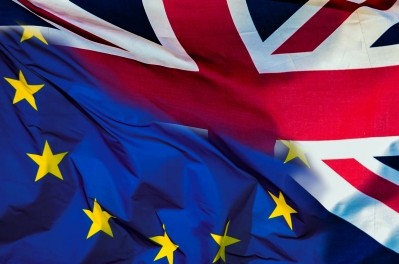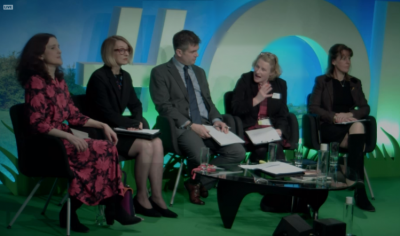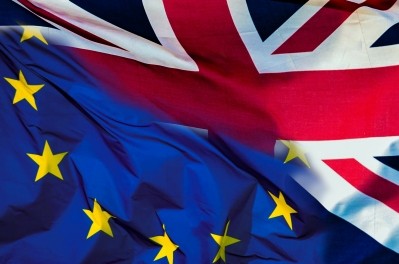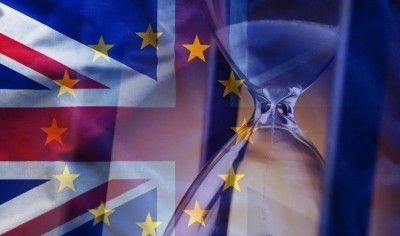Industry responds to election result
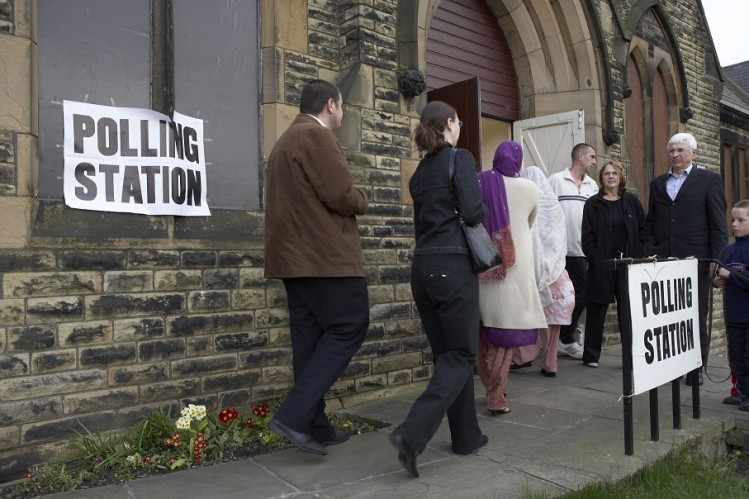
“We congratulate the Prime Minister and his Government on the result of the General Election 2019,” said FDF’s chief operating officer Tim Rycroft in a statement. "For too long, business has been mired in a sea of political uncertainty, hitting investment, productivity and long-term growth.
“As the UK’s largest manufacturing sector, food and drink is part of the UK’s critical national infrastructure and essential to national security. The nation’s £31.1 billion industry employs over 450,000 people with a footprint in every community.
“UK food and drink is a national success story. As set out in our manifesto, we want to work in partnership with the Government to reach our full potential as the most dynamic, sustainable, resilient and competitive industry, by boosting exports, developing talent and encouraging innovation.
National Food Strategy
“Food and drink from Great Britain and Northern Ireland is prized for its quality and provenance. Through a new national Food Strategy and a dedicated future trade policy for food and drink, we can ensure our industry flourishes and brings good jobs and growth to every corner of the UK.”
While most commentators agreed the result more clearly set the course for an EU exit, uncertainties remained regarding the details of the potential UK/EU Withdrawal Agreement.
Minette Batters, president of the National Farmers Union, said it would start working with the new Government immediately to ensure Westminster and Whitehall understood and valued British food and farming.
Referring to Brexit, Batters said: “It’s imperative we secure a future trade deal with the EU that is as free and frictionless as possible, avoiding the damaging spectre of trading with our largest partner on WTO terms. Alongside this, our future trade policy mustn't allow imports of food produced to standards that would be illegal to produce here.”
She called on the Government to urgently set up a Trade and Standards Commission to work with industry and stakeholders to ensure future trade negotiations did not allow imported food to undermine UK food standards.
Animal welfare, environment, food safety standards
“We live in a country that has some of the highest animal welfare, environmental and food safety standards in the world, all the while providing the British public with the third most affordable food on the planet, and at the same time maintaining and enhancing the iconic British landscape," added Batters. “That’s why the public trusts and supports British farmers.
“Britain needs the new Government to back British farming like never before; to invest in domestic food production so we can increase our productivity, create more jobs and deliver more for the environment. Government needs to act to ensure guaranteed access to a skilled and competent workforce; develop a framework for a more competitive and sustainable farming industry; put in place a long-term food strategy; and place science at the heart of policy-making. This will allow farming businesses to continue doing what they do best – provide safe, traceable and affordable food for the nation.”
John Perry, managing director of supply chain consultancy Scala, commented: “Of particular concern are the potential implications of Johnson’s Northern Ireland protocol. Border controls and customs processes for goods moving from Great Britain to Northern Ireland are yet to be defined, and there are worries that the proposed arrangements, as currently constructed, will cause considerable friction.
“As a result, doubts have also been raised over the feasibility of implementing the protocol by Johnson’s self-imposed December 2020 deadline.”
Perry hoped that the precise details of Johnson’s agreement would hopefully become clear over the coming months. However, there were steps businesses could take in the meantime to ready themselves for Brexit, he said.
Incoterms and risk exposure
“The first is to take this opportunity to review their Incoterms with customers and suppliers. Incoterms define who is responsible for transaction costs and duties, so will have a direct impact on a business’ cost and risk exposure post-Brexit.
“Secondly, businesses that have not yet done so should register for HMRC’s Transitional Simplified Procedures. This will enable them to import goods into the UK without make a full customs declaration in advance, and also postpone paying duties and VAT.
“Thirdly, it’s essential that businesses ensure they are aware of the relevant temporary product and tariff codes and customs processes that may come into force.”
Julian Wild, corporate finance director for law firm Rollits, said he was concerned about the remaining uncertainties regarding Brexit: “Putting to one side the social consequences for the country, my biggest concern is about Brexit and what trade deals can be negotiated.
‘No clarity’
“As a passionate Remainer, I’m desperately sorry that we will now certainly leave the EU with no clarity about what deals can be done and by when. I don’t regard Brexit as being in any way a positive development for business, but the die is now cast.”
However, Wild said he anticipated a temporary positive effect from the outcome of voting. “In the short-term there will be a positive effect due to some lifting of the uncertainty of the last three years, the removal of the perceived risks associated with a possible Corbyn Government and the bounce in sterling. Markets will respond strongly in the immediate aftermath."
The Conservative party won 43.6% of the vote, translating into 365 seats, on the mandate ‘Get Brexit Done’. The Labour Party won 32.2%, giving it 203 seats. The Scottish National Party secured 48 seats, the next biggest proportion of votes, followed by the Liberal Democrats with just 11 seats.
In view of the results, Jeremy Corbyn has already agreed to step down as Labour Party leader once it has gone through a “period of reflection”.
